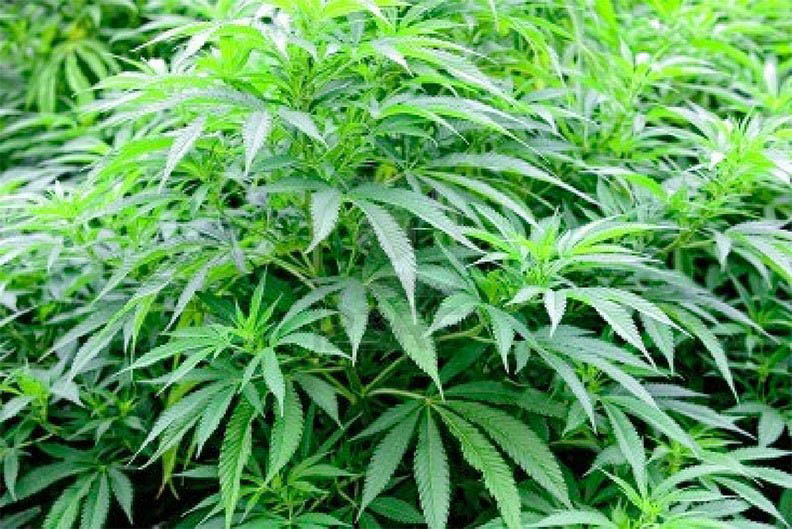There was a time, particularly in the decade of the 1970 when the popularization of marijuana was driven largely by the lyrics of the Jamaican musical icon Bob Marley, particularly in his refrain to the conservative political administrations to ‘legalize it.’ In those days, if you were in Guyana, for example, you could indulge the habit only through resort to the most clandestine of arrangements. In Jamaica it was a good deal easier. There was marijuana to be had aplenty on Mona Campus of the University of the West Indies or in the many ‘speak easy’ joints dotting Kingston.
Marijuana has graduated from being just a mood-altering drug the indulgence in which could land you behind bars to a plant which, primarily because of what has become its known medicinal properties, has become ‘accepted,’ graduating from an ‘illegal drug’ to a commodity the global demand for which has long gone through the proverbial roof and which countries across the world have, in recent years been queuing up to legalize.
It is a trend that has not escaped the attention of potential investors in what was once a widely prohibited drug, not only in metropolitan countries with a reputation for opportunistic investments but also in the Caribbean specifically, in Jamaica.
On Sunday the Jamaica Gleaner published a story (Kronic Relief Eyes US420 million ganja haul) about the exploits of Kronic Relief a Jamaican company which boasts a vision of “realizing the full potential of the emerging global cannabis market” but which has now expanded its ambition in the direction of becoming a global strategic player in a rapidly expanding cannabis market. The company, according to the Gleaner, is gearing itself to begin harvesting cannabis at its local farm from which it expects to reap one metric tonne per week. But that, it seems, is just the tip of the iceberg. The owner, the Gleaner says, of seven licences from the local cannabis authority covering pursuits from cannabis cultivation to export Kronic Relief is reportedly inserting itself into the global marijuana market as a raw material supplier, its ultimate objective being, according to the Gleaner to “build itself into a vertically integrated medical cannabis operation, spanning research and development, production and extraction.” In this regard the company is now clearing acreage for planting, erecting a growing facility, fencing the property and mounting cameras to guard against intrusion. It is an investment, according to the Gleaner article that envisages yield of around 50 metric tonnes annually, the product likely to be of a higher than average quality. The investment is worth US$20 million, probably more than most if not all other agricultural investments in Jamaica.
According to the Gleaner story the annual 50 metric-tonne cultivation will yield an estimated US$20 million in revenue from “flowers only.” The company is reported to have cheekily declared that there will be significant but as yet undetermined amounts of additional revenue from “further processing.”
Kronic’s investment is reportedly timed largely to target Canada in the first instance where the legalization of cannabis for recreational use in October is likely to blow that market wide open.
It has not, however, been smooth sailing. Kronic Relief has been experiencing a measure of squeamishness from traditionally conservative banks though the company would appear to be pinning its hopes on a softening of the banks’ posture given what has become external business interests in Jamaica’s cannabis market.
Another modest company busy making its way on the global cannabis market is Scythian Biosciences Corp. which has recently agreed to sell its assets in Jamaica and Latin America to the Leamington, Canada-based marijuana giant for the princely sum of US$193 million.
Transactions of this size point inexorably in the global direction in which the cannabis industry is heading. The international cannabis sector could be worth an estimated US$57 billion over the next 10 years, and that is mainly focused on the recreational market.
Scythian’s US$193 million coup has derived largely from the fact that it has been able to look past the North American market and in the direction of the more than 1.3 billion people that constitute the market in Europe and Latin America where countries are moving inexorably towards legalizing marijuana.
In North America the prospects for cannabis would appear to be even brighter. Public support for its legalization grows increasingly robust with polls finding as much as 80 per cent in favour of legalizing. Meanwhile, as medical trials yield more persuasive results the demand for medical marijuana is creating a much broader overall market.










